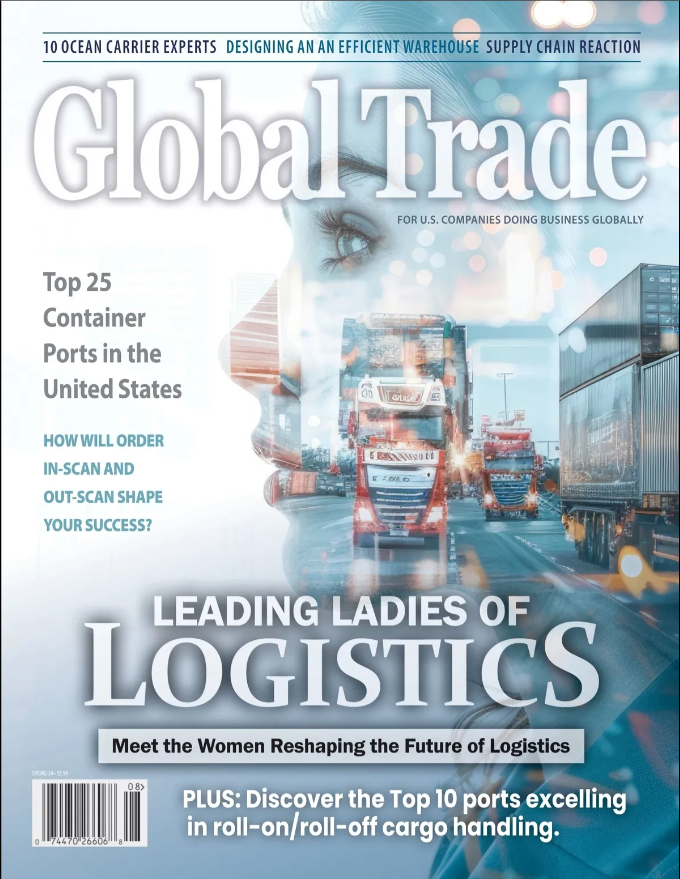AEB software solution simplifies export control classification
For many companies, particularly in the aerospace, defense, and automotive sectors, product classification for controlled or dual-use items is a nuisance with great risks: export control compliance depends on the correct classification of goods and materials, and any mistakes are propagated across all downstream processes.
To support exporters in obtaining the right classification for their merchandise and purchased parts from suppliers in the most efficient way, software provider AEB has launched its new solution, Product Classification Exchange.
Classifying products is an onerous and time-consuming task that requires a high level of expertise. For companies managing controlled goods or dual-use items, this also includes determining if goods are subject to export controls, whether they require an export license, and whether they can even be exported at all. In many cases, businesses also need to consider US export control law due to its extraterritorial reach. Non-compliance with export control regulations is not an option – financial and criminal penalties are serious and collateral damages include more than just impacts on the brand image.
Compliance and efficiency throughout the classification process is a great challenge for companies, and many exporters sift through volumes of datasheets, drawings, and other technical documentation to determine the right assignments.
But why comb through datasheets when you can have materials classified directly by the supplier? AEB’s brand new and unique Product Classification Exchange allows users to request a complete, automated, electronic “supplier’s declaration of the export control status of goods” – directly from their suppliers. This significantly accelerates and simplifies the process and helps to avoid unpleasant surprises at customs audits. It also prevents any mistakes arising from misunderstandings, disruptions in the digital data flow, processing delays, and input errors.
How it works
Transactions requiring classification are first transmitted from the company’s host systems to Product Classification Exchange. If a valid classification from the past 12 months is already available, it is reported back to the host system. If not, the user can prompt the supplier to submit a declaration for the products in question on the Product Classification Exchange supplier portal. All the suppliers need is a current web browser – they just click on the link provided by email and enter the necessary data in the interface.
Product Classification Exchange can be integrated into any ERP system through a web service interface. It also supports the upload of offline forms such as Excel spreadsheets, providing suppliers with helpful suggestions and highlighting required fields. And extra features such as bulk editing add further convenience for suppliers.
Geoff Taylor, Managing Director at AEB (International) Ltd, said: “We are very proud to launch this unique solution to automate the painful and time-consuming process of receiving critical supplier’s declarations. Our Product Classification Exchange software keeps internationally trading companies on the safe side of global export controls when it comes to classifying goods. It allows staff to focus on their core tasks instead of requesting, tracking, checking, inputting, and approving supplier’s declarations for controlled materials or dual-use items. With our solution, the process of asking suppliers about the export control implications of the products they provide has never been so straightforward, efficient, and transparent.”





Leave a Reply